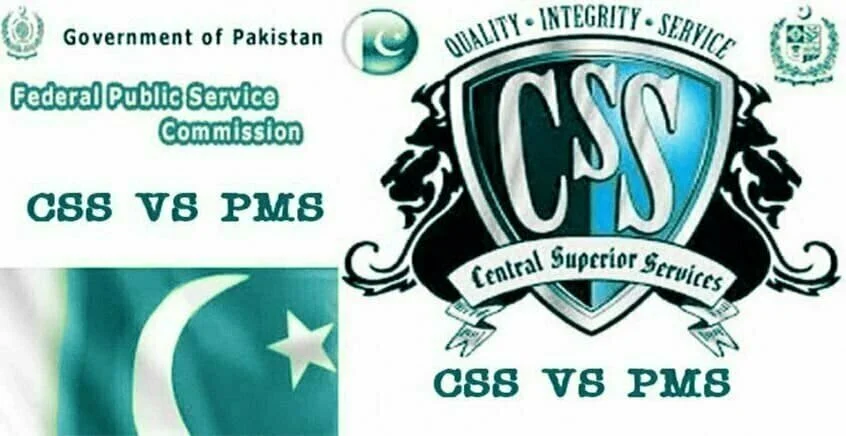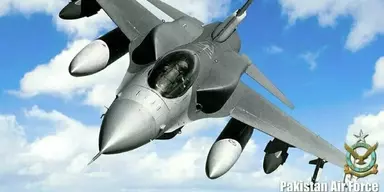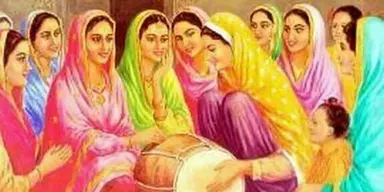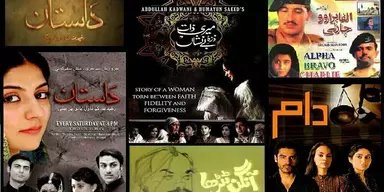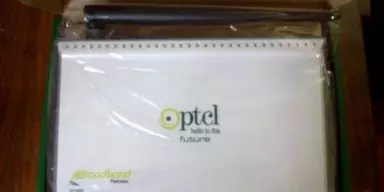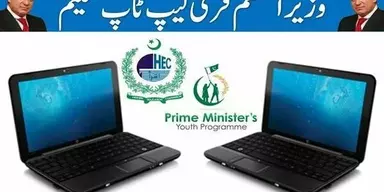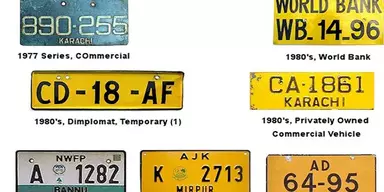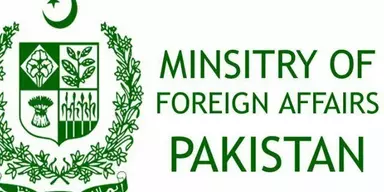Main Difference
Most of the candidates get confused that weather they should choose an option of CSS or PMS. The main difference between CSS and PMS must be cleared before the discussion of optioning CSS and PMS. Both look like same, but there is a clear main difference between CSS and PMS exam. CSS is the competition on the national level while PMS is on a provincial level. CSS is a competitive examination held by federal public service commission every year for allocation of successful candidates in eight different cadres or groups of services, on the other hand, PMS is conducted by provincial management services of all the five provinces of Pakistan.
CSS VS PMS
For the convenience of the candidates, there is a brief explanation of the differences between these two types of exams.
CSS
The Central Superior Services (denoted as CSS or Bureaucracy) is an elite permanent bureaucratic authority, and the civil service that is responsible for running the civilian bureaucratic operations and government secretariats and directorates of the Cabinet secretariat. The CSS officers serve the country wide departments and they will have to travel to far and wide areas of the country.
PMS
PMS (Provisional Management Service) held by Provincial Public Service Commission (PPSC) of the four provinces of Pakistan to fill the empty seats on the posts of Provincial Management Service. PMS exams usually conducted for the provision of posts in various departments of regional government. This exam is not held on regular basis. For example, KPK PSC announced the PMS in 2008 and then after the lapse of two years the examination was again announced in 2010. PMS Officers have to serve only in a province. In PMS, your limit is your province and getting settled in any part of your own province is not as much painstaking job.
Differences
Both these examinations are equally good. No one of these is that of superior or inferior nature.
- PMS is conducted by provincial Public Service Commissions (PPSC, KPSC, SPSC, BPSC) while CSS is conducted by Federal Public Service Commission (FPSC).
- CSS is held every year regularly, but PMS exam is held after arbitrary intervals. Like in Punjab, from 2004 to 2013, only three PMS batches are conducted.
- In combined Competitive Examinations held by Provincial Public Service Commissions, there are different groups in which recruitment is sought for. All the candidates recruited through this exam are not the PMS Officers. Only those who specifically are placed in PMS group are called PMS Officers. In Punjab, PMS exams, up till now, have been held to recruit in Local Fund Audit, Excise and Taxation and Provincial Management Service (PMS).
- PMS Officers have to serve within the territory of their respective provinces (where they are domiciled) unlike those inducted through CSS who have to serve a mandatory period of at least 5 years out of their provinces.
- All the optional subjects in PMS are of 200 marks while, in CSS, optional subjects are of 100 and 200 marks out of which the candidate has to select subjects of 600 marks in total.
- Time allowed for the essay paper is only 2 hours in PMS while it is 3 hours in CSS.
- There is one very difficult paper in PMS with negative marking i.e. General Knowledge while is CSS there is no paper with negative marking.
- In CSS, candidate has to earn an overall 40% out of all three papers of General Knowledge (Pakistan Affairs, Current Affairs, and everyday science) to clear these papers. In this way, if a candidate fails in one or two of General Knowledge papers but his aggregate in GK papers is 40%, he is considered to have passed all GK papers. If a candidate fails in one of the optional subjects, but his aggregate in all other subjects excluding the marks in failing subject, is more than 50%, he qualifies for interview. But in PMS, one has to clear every subject separately and no such concessions are given.
- Both exams are conducted in 1200 marks of written examination, but there are 200 marks of interview in PMS and 300 in CSS.
- Psychological test in both is carried out for two days, one day for group discussion and second for individual interview.

